David and Robin Brothers have worked in North East India over the past several years to make sure people there have access to clean water, and health and hygiene education.
In 2005, David Brothers went to India with the expectation of being a mission pastor, but when he arrived, he realized that there were already plenty of pastors there.
He went around to 10 different villages, and asked their headman, who is like a mayor, what the number one issue was in their village. Nine out of ten of them said water. The one other headman said education.
After recognizing that clean water was the biggest need for the people of these villages, the Brothers decided to work with WaterStep to bring clean water to them.
In 2006, David Brothers went to a WaterStep Training, and learned how to set up and maintain a chlorine generator, which works as a mini-water purification system.
They tested water in 100 places, and none of it was suitable for drinking. The water is often contaminated with bacteria, especially E. Coli.
“Our primary goal is to work with villages outside of the city,” David Brothers said. In 2009, the Brothers went to their first village. Since then, they have worked in 10 different villages.
In each village they went to, they tested the water, and determined how many liters of water they needed. Then, at sources of water, they purified the water and trained people to run the purifiers so that when they left, the purifier would be the property of the village and the leaders of the village would become responsible for their own water.
“This is really good for women,” David Brothers said. “Many spend 30% of their day gathering and boiling water. It also, of course, improves the health of the people in the village, especially children.”
The impact water purification has on women is immeasurable, according to the Brothers. “The women became champions of the chlorinator because they understand how clean water affects their family,” Robin Brothers said. “They used to have to boil water [to kill the bacteria so it would be safe to drink], which included collecting water, and firewood, charcoal, or kerosene. Having the chlorinator gave them hours to do other things for their families.”
“The Indian government said that if all the women in India did not have to boil water, the country’s productivity would go up ten percent. It helps the economy,” David Brothers said.
However, clean water is not enough to keep people safe from disease. To be sure that the people they were helping understood basic sanitation, the Brothers taught health and hygiene education to the people in the villages where they worked, using the knowledge and tools they had gained from their WaterStep training.
Health and Hygiene training manuals were printed in Hindi, the most common language spoken in the area, and were illustrated so that those who couldn’t read would understand the concepts.
According to David Brothers, there are over 4,000 dialects and languages in India, and the literacy rate in villages outside of major cities can be as low as 30-40%. “Our health and hygiene training manuals are mostly for the teachers, and we provide a lot of hands-on training and visual aids.”
“This shows the excellence of the health and hygiene training, that it can be used in places where literacy rates are low,” Robin Brothers said.
The work that the Brothers do has not gone unnoticed in the villages.
A doctor from one of the first villages they worked in approached David Brothers over a year after the system was installed. He told him what a huge difference it had made in their community. He said that half as many children were getting sick, and that the women who use the water for drinking have increased their birth rates because they are healthier.
In that same town, the sytem was set up on a concrete tank that was a baptismal for a Christian church. The pastor told David Brothers that people from many different religious backgrounds, including Hindu and Muslim, would come to the church asking about the water purification system, and where it came from. The pastor always answered, “It was a gift from God.”
The pastor said that their church attendance had doubled since installing the systems. “They were all interested in what else God could do for them,” David Brothers said.
In another village, they installed a purification system at a school. A skeptical headman asked why he should trust that the system would really work, and was not magic.
David Brothers took a test of the old water, and it turned black. “Then I took a sample of the new, purified water, and told him to check back the next day,” he said.
The next day, David Brothers called the school where the system had been installed and asked the principal if the headman had been back to see the water sample, and what his reaction was.
The principal said, “Well, he didn’t say much, but he started dancing.”
The future for North East India is bright. The Brothers have trained Indian nationals in water purification and health and hygiene training.
“There is a young man who has built a training center in his facility. We’d like to bring him to Louisville to be further trained. We need to get WaterStep recognized in India, so those who can afford chlorine generators can purchase them,” Robin Brothers said.
As for the Brothers, they hope to move on to other areas to work. They are not yet sure where exactly that will be, but no matter where they go next, the impact they have already had on North East India will last for a long time to come.
If you are interested in getting more involved with WaterStep, check out our Get Involved page, or find out how to do a Training with us, today!



